Steven Soderbergh’s Presence Is Low-Key Horror with a Big Impact
Steven Soderbergh's new ghost story is modest, but it's so compact, smart, and elegant that it feels quietly momentous.


Sometimes what’s absent from a film defines it as much as what’s present. Negative space is the great underused resource in filmmaking. It demands that you trust your audience to follow along, to fill in every intentional gap, to pick up the meaning of every invisible whisper.
Steven Soderbergh was the brash young kid on the block when he made Sex, Lies, and Videotape (1989), in which then-new technology cracks the world open for a married couple on the skids. In the years since, he’s made movies big and small, lots of them, and while some haven’t hit the mark, there are plenty of filmmakers who could die happy if they’d made even one picture as great as 1998’s Elmore Leonard adaptation Out of Sight, or a thriller as bitterly brilliant as The Limey, released the following year. Soderbergh will try anything, including shooting a film on an iPhone, and if it doesn’t work, he’ll move on to the next thing without missing a beat; his failures are often more interesting than other filmmakers’ successes. But every once in a while, he achieves unassailable perfection, seemingly without even trying. His Presence is a modest picture: it takes place in one sprawling (and, from a real-estate-porn perspective, hugely covetable) antique suburban house. But it’s so compact, smart, and elegant that it feels quietly momentous. Without handing everything over, it gives you all you need. [time-brightcove not-tgx=”true”]
The film opens with a real estate agent (Julia Fox) hustling to show a house to a family: it’s a beautifully maintained Victorian tastefully appointed with William Morris-style wallpaper and untouched natural woodwork, as well as a massive modern kitchen that no one will ever cook in—such is the modern way. The matriarch, Lucy Liu’s Rebekah, decisively announces that she’ll take it. Her husband Chris (Chris Sullivan) is more reticent: there’s a fire station down the way—won’t that mean lots of sirens? But it’s a beautiful house, and, more important, it’s in a good school district. That’s important to Rebekah, who wants to make sure her star-athlete, star-student son Tyler (Eddy Maday) can continue to thrive. She and Chris also have a daughter, Chloe (Callina Liang), whom Rebekah treats as an afterthought. Chloe has recently suffered a deep trauma, the death of her closest friend, and there’s something a little ghostlike and absent about her, too—like a sleepwalker in a Val Lewton movie, she approaches an old mercury mirror above the mantel as if it were a portal to another world. Her father is concerned about her; Rebekah just thinks she needs to snap out of it, and says as much.
Read more: The 10 Best Movies of 2024

The family moves in. Chloe settles into her bedroom, repainted just for her, even though, before the move, one of the hired painters refuses to even enter—he feels there’s something “off” about it. Chloe picks up on something too, but for her, the whatever-or-whoever who appears to be watching her feels more like a friend than a threat. She wonders if it might be the spirit of her lost friend, Nadia. Meanwhile, bland jock Tyler also settles in down the hall, but with a lot less drama. He invites a new friend over, a smirky kid from school, Ryan (West Mulholland). Ryan and Tyler pop by Chloe’s room to say Hi as she sprawls on the bed, studying. Later, Ryan nods at Tyler with a slight sniff, the universal unspoken guy language for “Your sister is hot.”
The rest of Presence is about the fragile and tricky nature of family dynamics, the tangled nuances of consent, the terrible ways in which one human being can manipulate another. As we watch this domestic drama unfold, that unseen otherworldly presence does too. The whole film is shot in the first person: the story is told from the point of view of the restless spirit who seems to have been waiting for this family to arrive. A closet shelf falls with a deafening clatter, interrupting a bit of consequential action. Later, a more cataclysmic-feeling quake will leave one room in disarray: everyone is rattled except Chloe, who seems to have one foot in a world the others don’t understand. Her father, Chris, is sympathetic. Rebekah is so fixated on Tyler that her daughter simply fades into the background. In one half-funny, half-unsettling scene, Rebekah sits at the family’s spacious kitchen counter, a half-filled glass of whiskey before her, and regales Tyler with a kind of proto-Shakespearean paean: “Everything I’ve done, I’ve done for you,” she tells him fawningly. It turns out she’s involved in something shady at her high-powered job, and though we never find out exactly what it is, we see that it’s making Chris worried and miserable.

This family is in crisis but won’t admit it. Yet the most vital relationship in Presence is that between Chloe and her ghost. We see how, as she goes through the motions of trying to get back to real life, this ghost is all she’s got. There’s a dalliance with Ryan, who talks a good game about caring for her: “I don’t feel so alone when I talk to you,” he tells her, a confession that’s actually a blinking warning signal. The conceit of Presence—the idea of the camera as an all-seeing ghost—means that the house’s watchful spirit really looks at the characters, discerning their thoughts and feelings in ways they can’t always do for each other. In that sense, the camera work isn’t a gimmick: it enhances the intimacy between us and the characters, and the actors. The camera swoops through the house on its ghostly current, checking in on Chris as he makes an anxious phone call to a friend, or Tyler as he dozes off in the living room, having just downed a stiff drink. (There’s a lot of drinking in Presence.) It pierces the veil of Chloe’s suffering—she’s trying to be OK, but there’s a scrim of blankness around her, and she can’t claw her way out of it. This ghost even, ultimately, has empathy for Rebekah: Soderbergh’s camera captures it like an embrace.
Let’s call Presence a ghost story more than a horror movie: though it does feature one scene of unmitigated, slow-burning terror, there are no wacky psychos in excessive makeup, no creepy, sentient dolls, no sadistic entrapment sequences. Presence is something else, a film that builds dread but also has some poetry in its heart. The script is by ace screenwriter David Koepp, who has worked with Soderbergh before. (He’s also a wonderful filmmaker in his own right, with pictures like the gorgeously offbeat romantic comedy Ghost Town and the snazzy bike-messenger thriller Premium Rush among his credits.) You can feel the simpatico vibe between Soderbergh and Koepp. There’s nothing forced about Presence. There’s no rushed wrap-up at the end to explain the inexplicable, no aggressive effort to send the audience off feeling they’ve had a great time. Instead, Presence sends you off in a cloud of gentle melancholy. You feel a little sad for this family—and also sad that there aren’t more horror movies like this, made with more thought and care than money, movies that respect our feelings and our intelligence. Presence follows you home, long after the camera has stopped rolling.
What's Your Reaction?








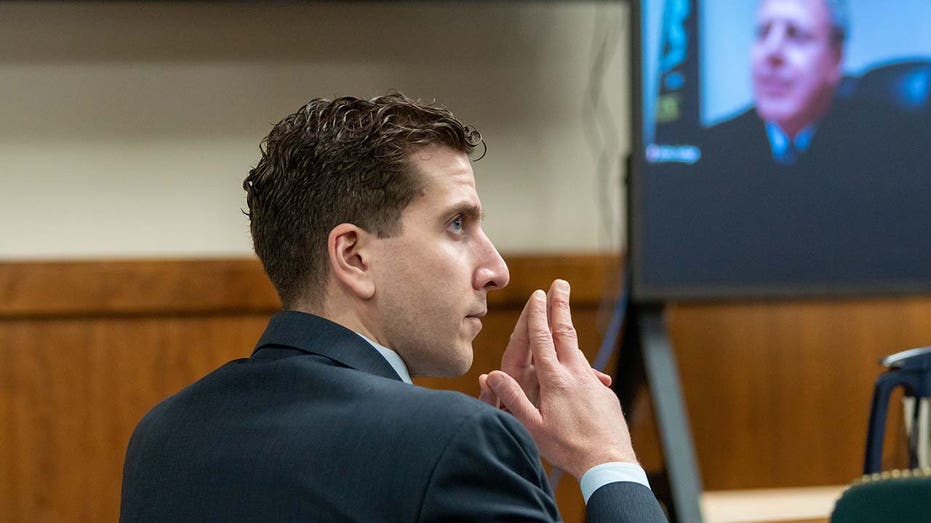
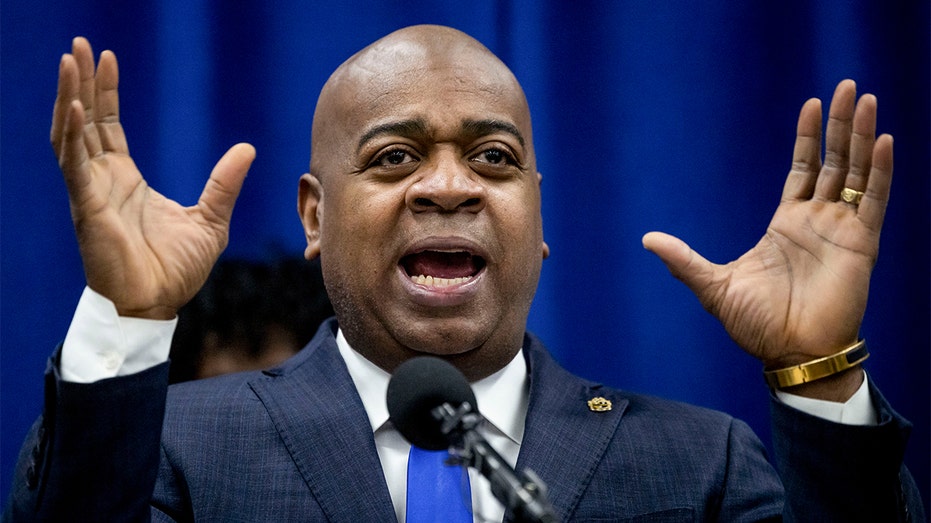
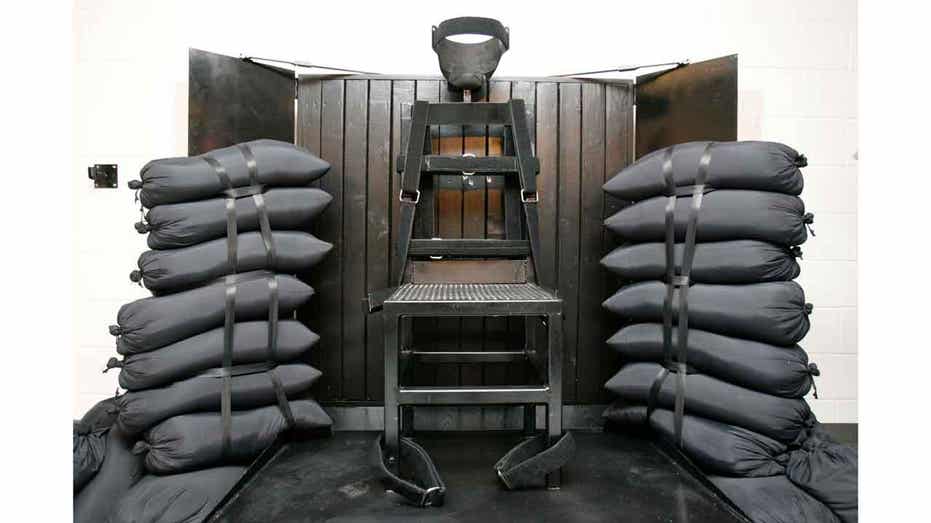
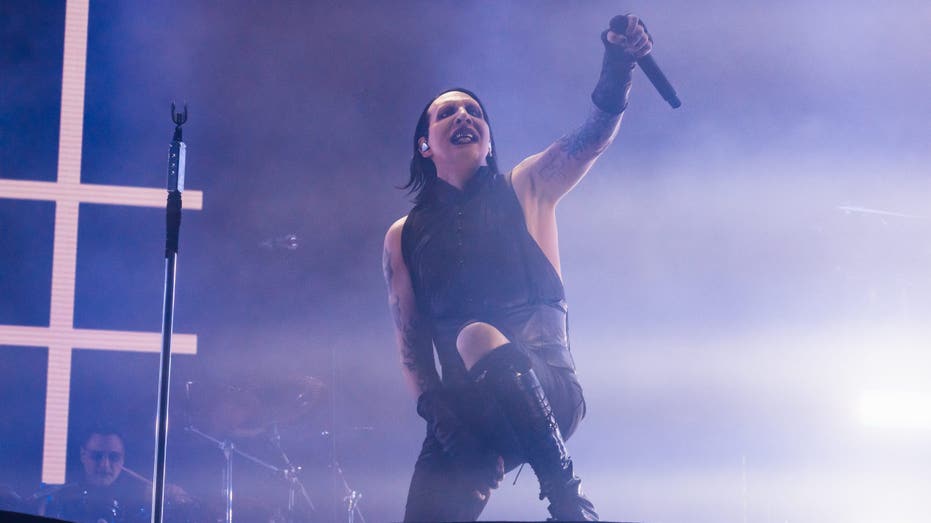















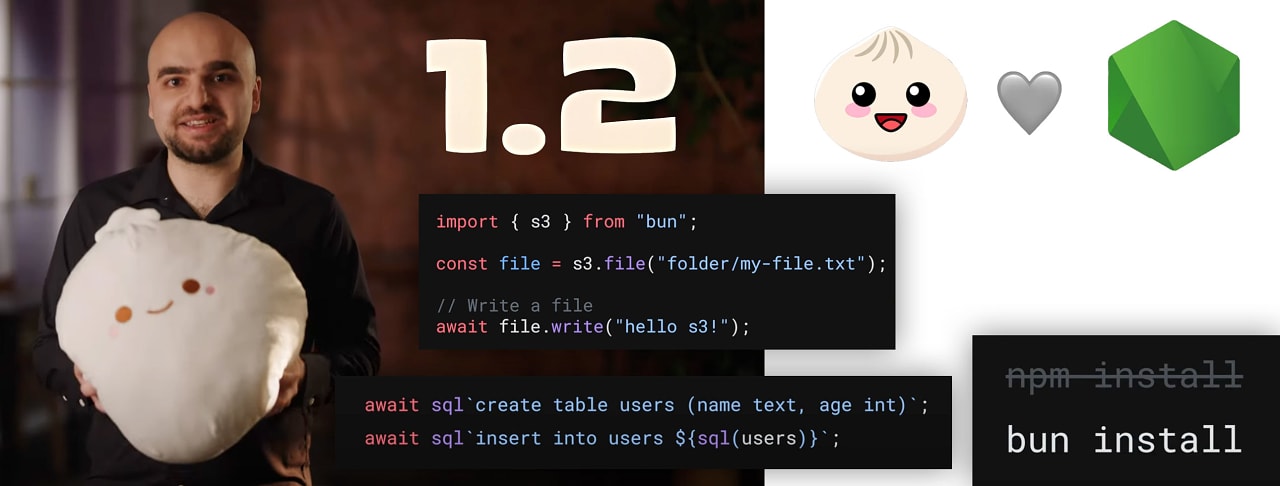



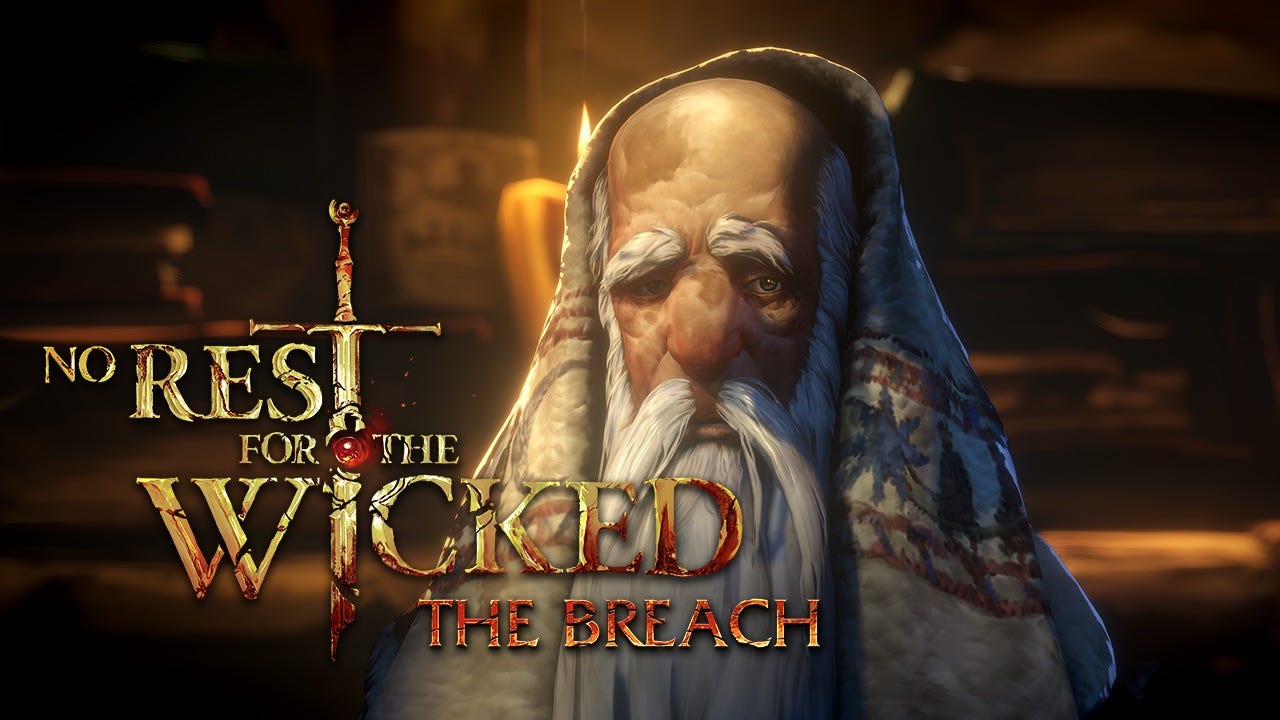

.png?width=1920&height=1920&fit=bounds&quality=80&format=jpg&auto=webp#)

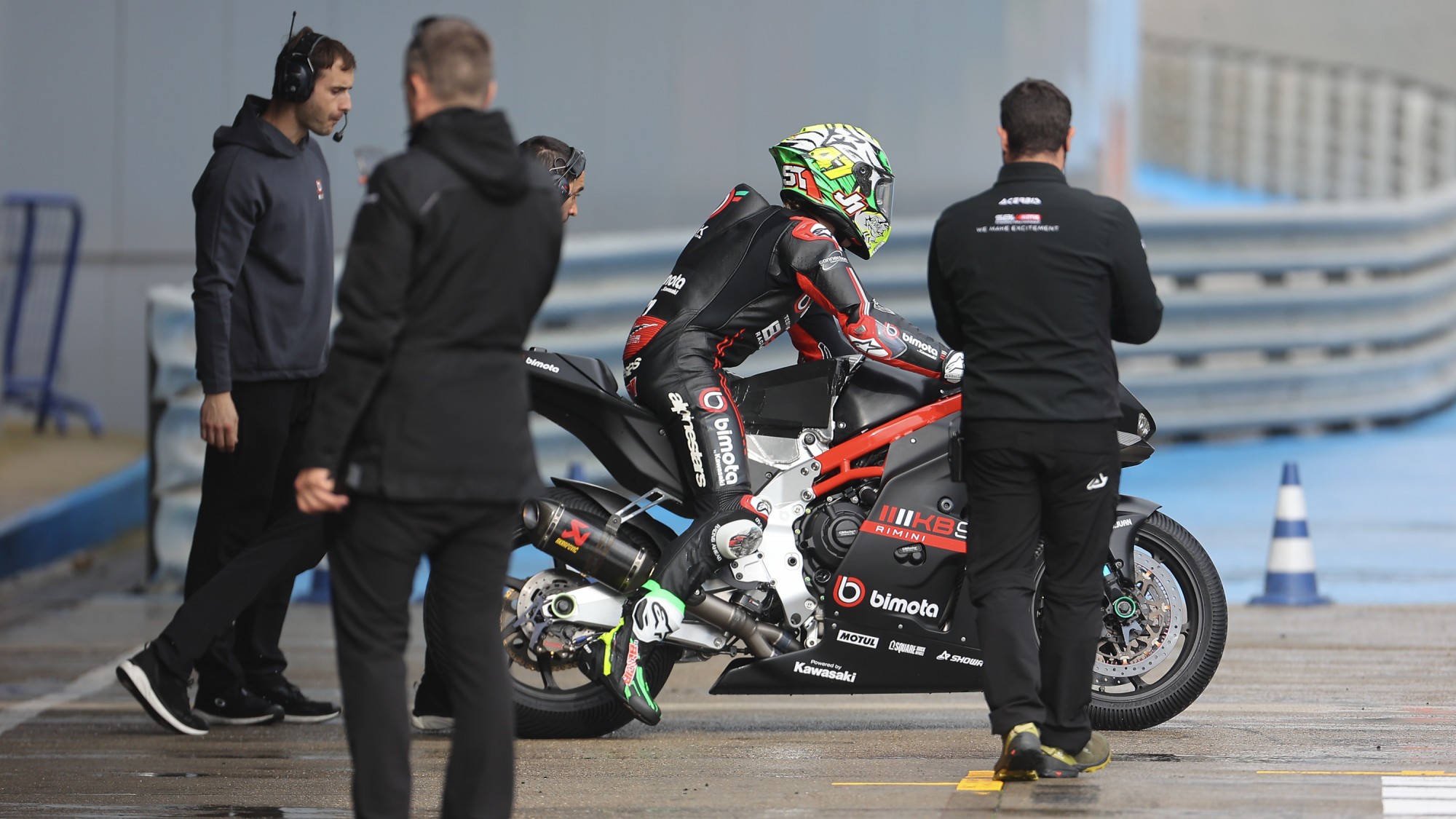








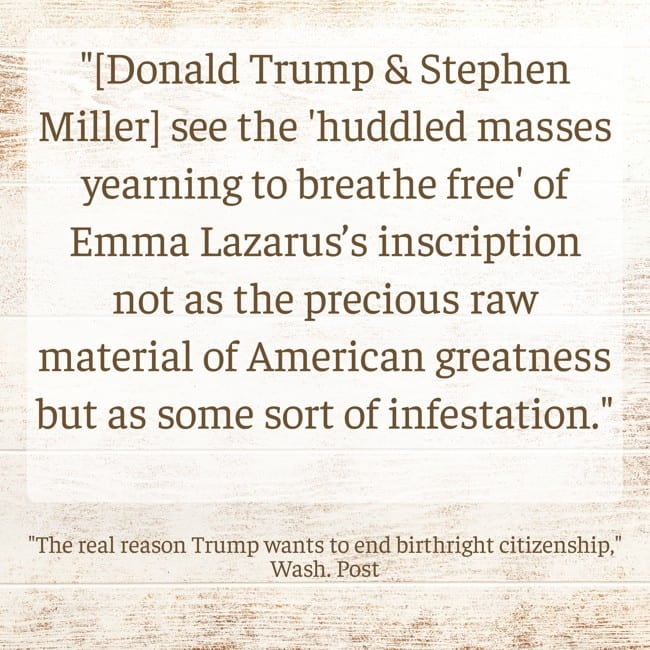

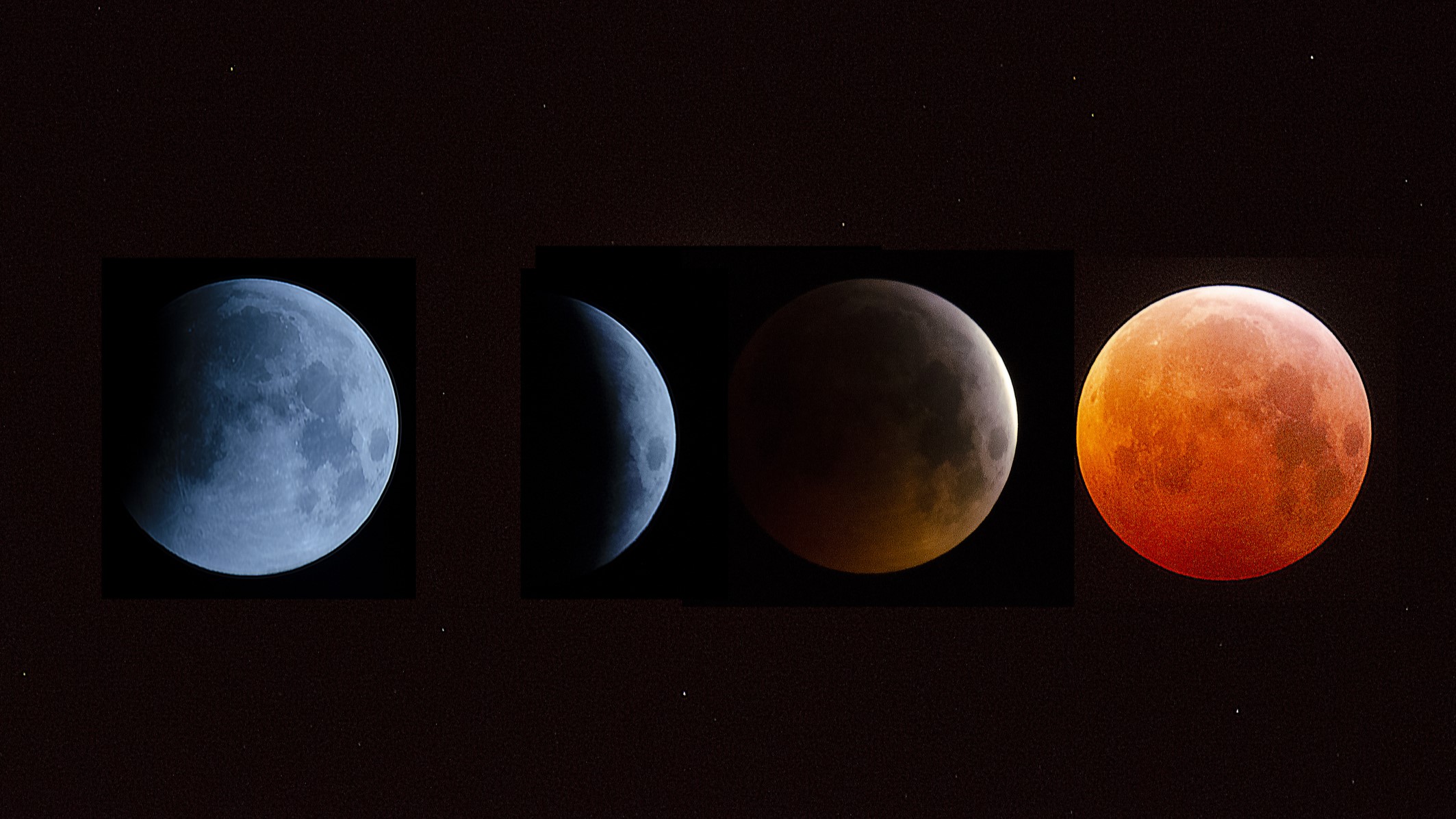
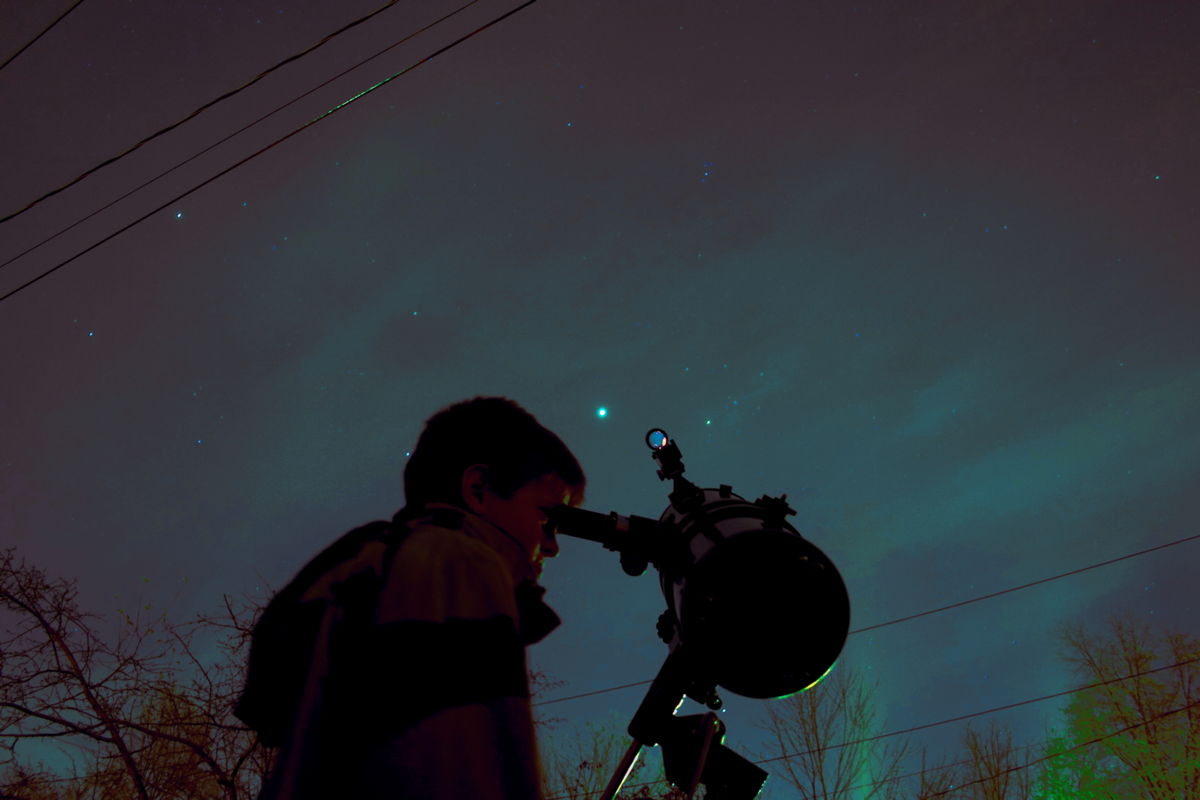
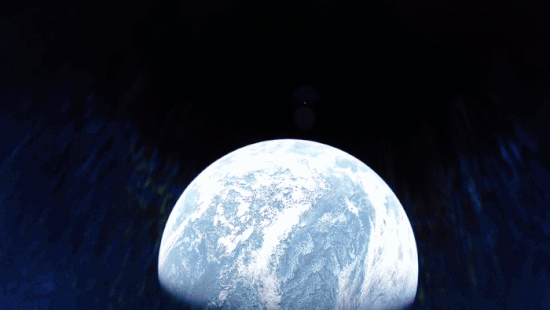






















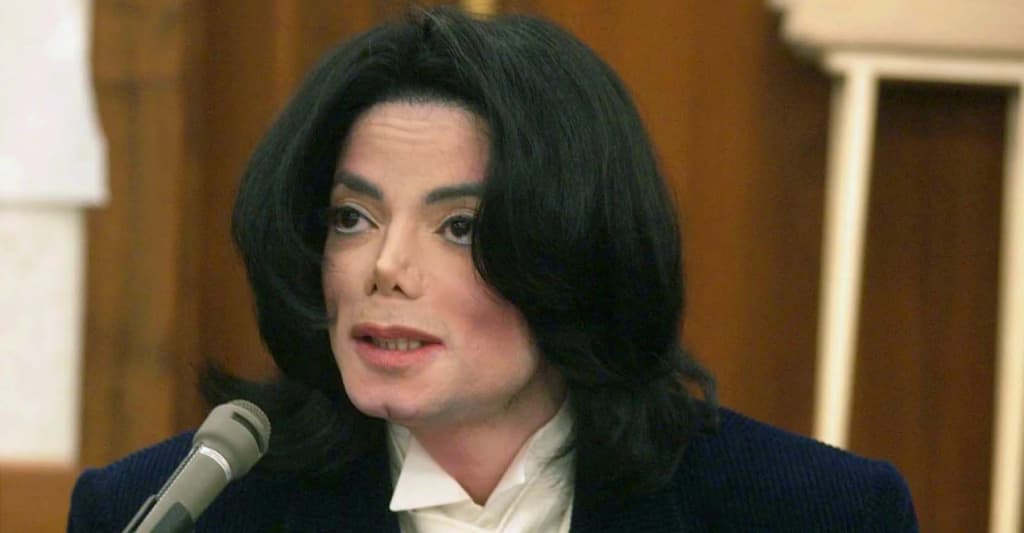

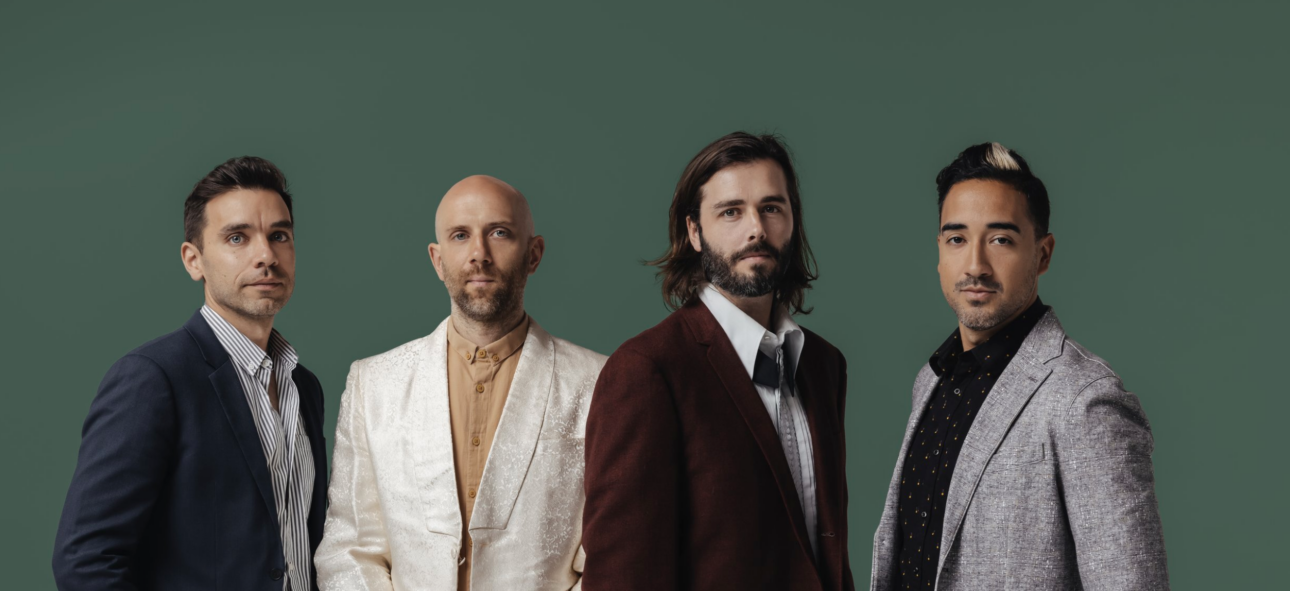

/origin-imgresizer.eurosport.com/2025/01/24/4089639-82930444-310-310.png)







